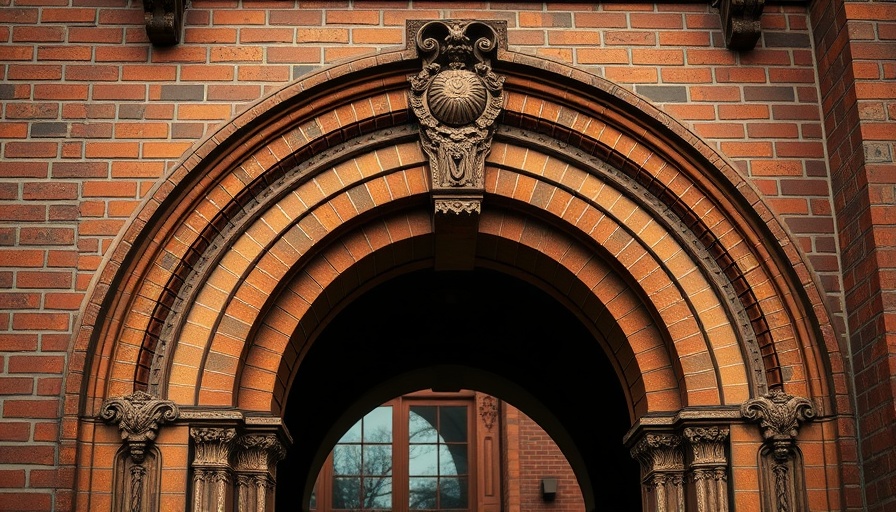
Harvard's Legal Showdown with the Trump Administration
Harvard University has publicly challenged the Trump administration by filing a lawsuit that alleges unlawful actions regarding a federal funding freeze that affects critical research, student programs, and the university's operational integrity. This lawsuit outlines a tense standoff, underscoring the broader implications for autonomy in American higher education.
Details of the Funding Freeze
In a detailed letter, Harvard President Alan Garber announced the lawsuit, claiming that the administration unjustifiably halted $2.2 billion in federal funds, with an additional $1 billion on the line. This stark move occurred following the university's refusal to comply with demands to overhaul its strategic policies and to subject itself to audits aimed at ensuring 'viewpoint diversity' among its faculty and student body. The implications of this funding freeze are significant; it poses a threat to various research initiatives that Harvard has pioneered, highlighting the potential consequences of such governmental pressure.
The Broader Context: Universities Under Surveillance
Harvard's case is indicative of a larger trend where the Trump administration is intensifying its scrutiny over academic institutions. Similar actions have been taken against universities like Columbia, Cornell, and Northwestern, all of which face consequences for their handling of campus issues related to anti-Semitism. The federal response to Columbia's alleged inaction included threats to withhold $400 million in funding. This trend raises questions about how transparency and governance principles are intended to protect student rights while ensuring academic independence.
Legal Implications and Academic Independence
Harvard's legal claim posits that such government actions infringe upon the constitutional rights of educational institutions. In times when universities increasingly serve as bastions for free thought and innovation, the pressure from governmental bodies raises concerns about academic freedom. As the lawsuit articulates, these funding decisions not only strain operational capabilities but also compromise the long-standing academic independence that is central to higher education in the U.S.
Potential Outcomes and Future Considerations
The outcomes of Harvard's lawsuit could set significant precedents in the realm of academic governance. If the courts rule in favor of Harvard, it may empower institutions to resist governmental pressure and uphold their autonomy. Conversely, a ruling against Harvard could open floodgates for increased governmental oversight and dictate how universities manage their internal policies and faculty composition.
Public Reaction and Academic Community Support
Responses from the academic community have been generally supportive of Harvard's position, framing this lawsuit as a balancing act between necessary governmental oversight and preserving academic independence. Faculty members, alumni, and students have rallied in support of the university, recognizing the significance of protecting educational institutions from political maneuvering.
Actionable Insights for Students and Educators
This situation beckons a discussion around the role of funding in academia and how it can influence research priorities and educational integrity. Students and educators are encouraged to engage with these developments actively, question the implications for academic freedom, and advocate for policies that maintain the independence of educational institutions.
In conclusion, Harvard's legal challenge against the Trump administration illustrates a critical junction in the ongoing debate over academic freedom versus governmental control. Understanding these dynamics is essential for stakeholders within the educational landscape.
Stay informed on significant national cases like these that shape the future of education. Engage in discussions with peers, attend local forums, and support policies that preserve academic independence. Together, we can ensure that institutions like Harvard continue to innovate and educate without undue interference.
 Add Element
Add Element  Add Row
Add Row 



Write A Comment